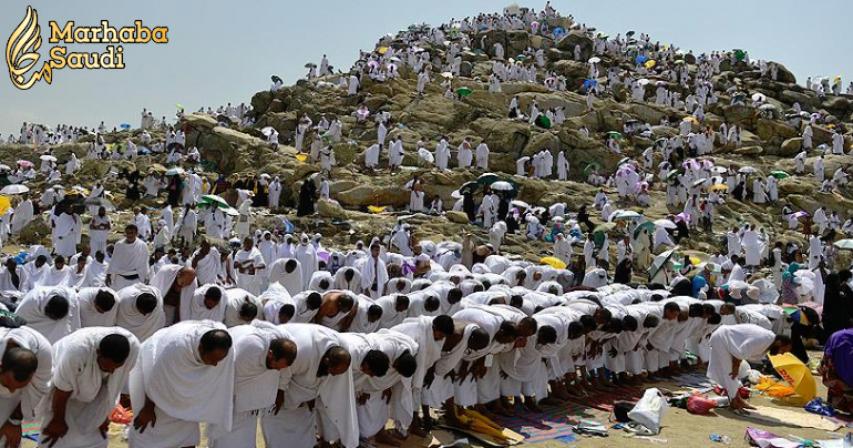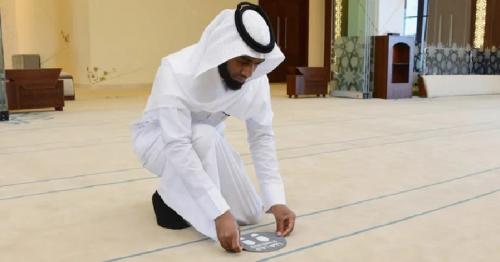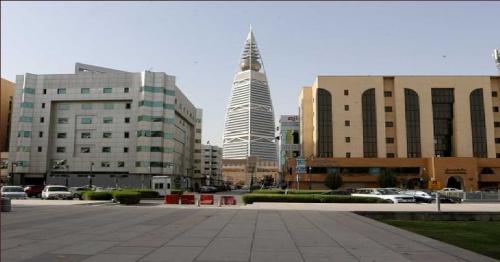Eid Al Adha 2018: All you need to know

Hijjah moon was sighted on Saturday evening.
Therefore, the Day of Arafat will fall on Monday, August 20. According to a release issued by the Saudi Ministry of Civil Service, the holiday will begin on Thursday, August 16, the fifth day of Zul Hijjah.
Here are the significance of Eid Al Adha:
What is Eid Al Adha
Eid Al Adha is one of the two major festivals in Islam, celebrated on the 10th of Zul Hijjah, the last month of the Islamic lunar calendar. Eid Al Adha, or the 'festival of sacrifice', marks the willingness of Prophet Ibrahim to sacrifice his son out of faith in Allah. The festival is celebrated by the 1.6 billion Muslims across the globe.

When is it celebrated
The celebration of Eid Al Adha is subjected to the appearance of the moon which is why its observance varies from country to country. The process of the moon sighting begins on the 29th day of Dul Qaadah. If the moon is sighted on the 29th, the next day is declared as the first day of Zul Hijjah and the Eid is celebrated on the 10th of the month.

How is it observed
Eid Al Adha is observed by the Muslims as "days of remembrance" of the willingness to submit to Allah's commands - Prophet Ibrahim was willing to sacrifice his son as per the orders of his Lord. He was then intervened by angel Jibreel to stop. In commemoration of the event, Muslims sacrifice animals and divide it into three parts - the family retains one-third of the share; another third is given to relatives, friends, and neighbours; and the remaining third is given to the poor and needy. Eid sacrifice may take place until sunset on the 13th of Zul Hijjah.
Eid Al Adha celebrations also coincide with the Haj pilgrimage and for the pilgrims, the celebration begins after the descent of the Haj pilgrims from the Mount Arafat on the 9th of Zul Hijjah.

...[ Continue to next page ] / Source: khaleejtimes






Comments